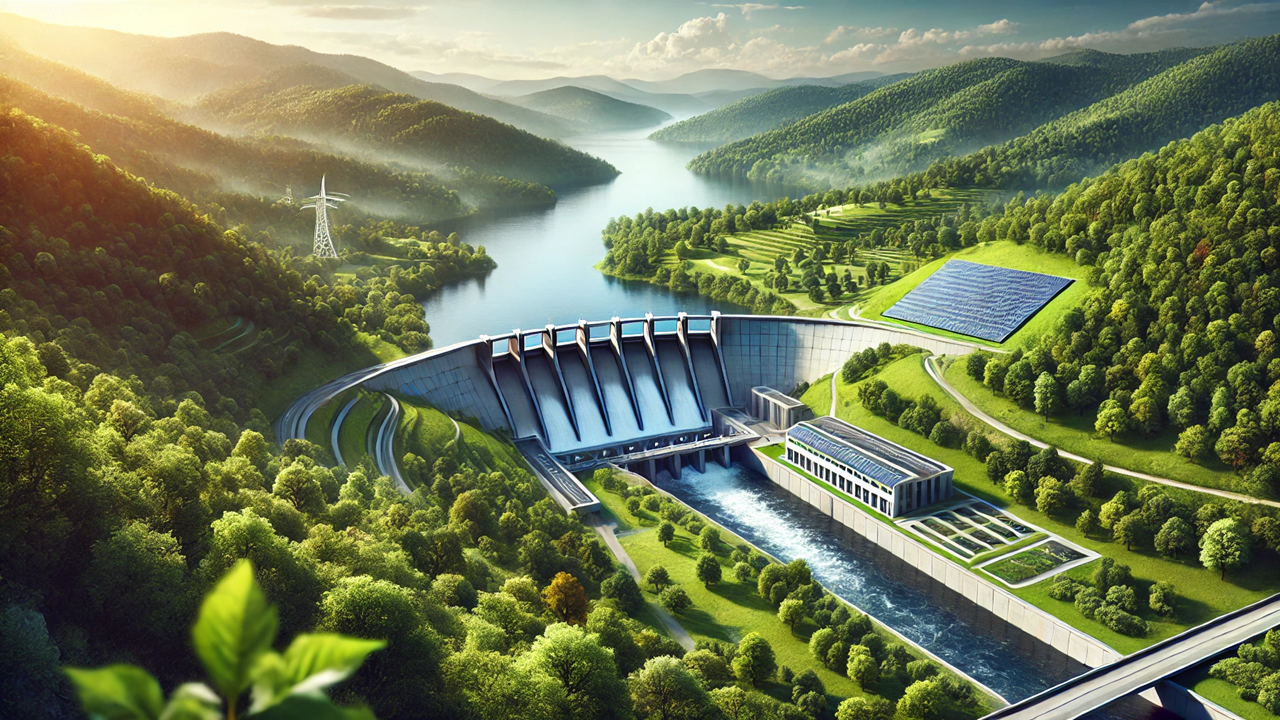Uganda Breaks Ground on Ncwera Mini Hydro-Power Project to Boost Rural Electrification and Economic Growth
Tayebwa, who also serves as the area's Member of Parliament, emphasized that the project would not only provide power but also open up significant economic opportunities for the region.

- Country:
- Uganda
Deputy Speaker Thomas Tayebwa emphasized the urgent need for affordable and reliable electricity, highlighting the challenges posed by unreliable power supply, which limits opportunities for businesses, schools, healthcare facilities, and households across Uganda. He made these remarks during the groundbreaking ceremony for the Ncwera Mini Hydro-Power Project in Ruhinda North County, Mitooma District.
The project is a key initiative under the Electricity Access Scale-up Project, which is being implemented by the Uganda Energy Credit Capitalisation Company (UECCC). It is set to be funded through the ORIO Infrastructure Fund of the Netherlands.
A Step Towards Economic Empowerment
Tayebwa, who also serves as the area's Member of Parliament, emphasized that the project would not only provide power but also open up significant economic opportunities for the region. “Farmers will be able to process their produce more efficiently, small businesses will thrive, and our children will have better opportunities to study,” Tayebwa said, reinforcing the project's potential to transform local communities.
He further commended the Ministry of Energy and Mineral Development for prioritizing key energy infrastructure in rural areas and urged continued collaboration to expand similar initiatives in other underserved regions.
Affordable Energy Key to Industrialisation
Hon. Ruth Nankabirwa, Minister for Energy and Mineral Development, noted that the project aligns with the presidential directive aimed at providing affordable energy to support industrialization and stimulate socio-economic development. She highlighted that the agreed tariff of 5.3 US cents per unit is a significant step toward reducing the cost of electricity. “Hydropower is the cleanest and cheapest source of energy, which is key for sustainable development,” Nankabirwa added.
Addressing Local Energy Needs
Mitooma District Woman Representative, Hon. Juliet Agasha, raised concerns about the district's current energy infrastructure. She pointed out that two sub-counties still lack proper electricity access, with poles installed without wires. “There has also been a lot of load shedding, which has disrupted many businesses,” she stated, calling on the Ministry to address these issues to ensure consistent power supply.
Partnership with the Netherlands
The Deputy Ambassador of the Netherlands to Uganda, H.E. Joost Van Ettro, praised the partnership between Uganda and private investors, acknowledging the role of the Dutch government in supporting socio-economic and industrial development. “The growing need for energy in rural areas with limited access to the grid is a challenge, but mini-hydropower plants will bring energy to these communities and foster economic development,” Van Ettro said. He highlighted the potential for job creation and the empowerment of Uganda’s growing population.
Expansion of Mini Hydro-Power Projects
Roy Nyamutale Baguma, Managing Director of UECCC, provided additional insights into the broader scope of the ORIO Mini Hydropower Project. He revealed that the Ncwera project is one of nine mini-hydropower sites to be developed in six districts, including Bushenyi, Kasese, Bundibugyo, Kabarole, Bunyangabo, and Hoima. Together, these projects will generate a combined capacity of 6.7 megawatts and create a 288-kilometer distribution network for rural electrification.
Baguma emphasized that the project sites are located in hard-to-reach areas with challenging topography and geophysical conditions, making it impractical to transmit power over long distances. Therefore, mini-hydropower plants offer an effective and efficient solution to providing power to remote communities.
Completion Timeline and Long-Term Impact
The Ncwera Mini Hydro-Power Project is expected to be completed within one year. It is designed to support national policies, including the National Development Plan (NDP IV), Vision 2040, and Sustainable Development Goal 7 (SDG 7) – which aims to ensure universal access to affordable, reliable, and modern energy.
With this initiative, Uganda takes another significant step toward improving energy access, supporting local economies, and fostering sustainable development in rural areas.
- READ MORE ON:
- Uganda
- Thomas Tayebwa
- Uganda Energy Credit Capitalisation Company










